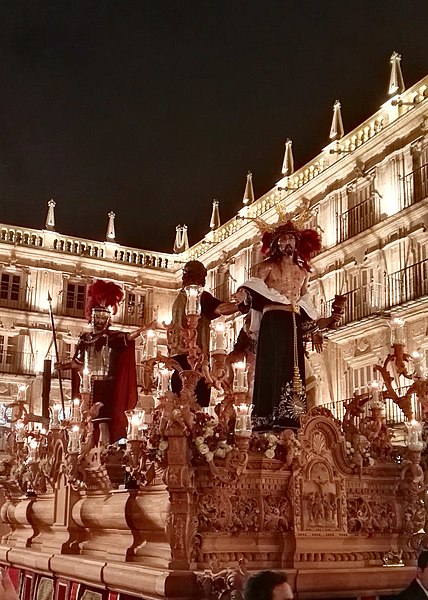First one of all, of course Holy week. After 2 years of not being able to celebrate holy week the way they used to, well it looked like the whole of Spain was eager to celebrate. Also here in Salamanca where Holy week has the title of “International interesting for Tourism” For Salamanca this title is well deserved while watching the processions going through the streets during the night is really something special. The drums, trumpets, the sound of chains, schuffeling feet, the images being carried around. Very intens feelings are arising.
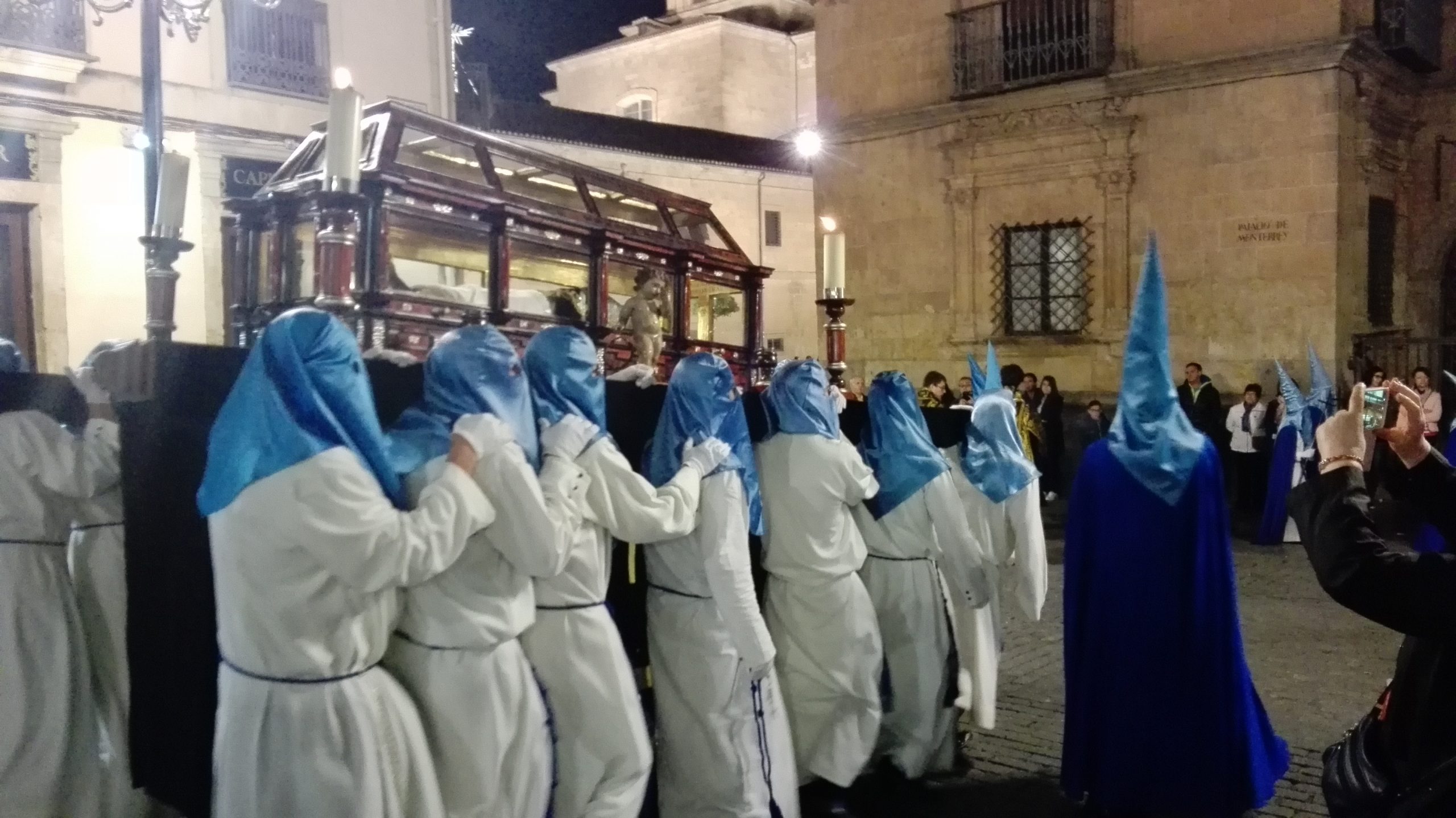
The second one is for the region of Castilla and León. It is their official holiday. The thing is, they celebrate the lost of a battle, Spain is different they say.
The day that members of noble families of Padilla from Toledo, Bravo from Segovia and Maldonado from Salamanca were being decapitated on the 23rd of April 1521 in the village of Villalar, where they lost the battle against the troops of Charles V.
Some people say it is to remember the revolt against the “establishment” Since these families tried to negotiate with the emperor and tried to establish a new kind of constitution. Bear in mind that Charles V in that time did not speak a lot of Spanish since he was born near Brussels, in Gent.
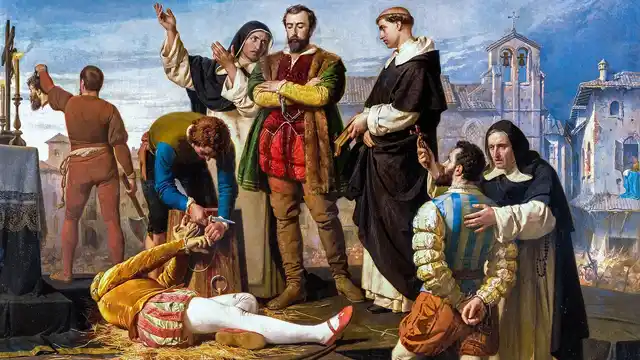
Others say it is the fight against the loss of power to a foreign regime. Maybe this last point is a little blunt but in a way it makes sense. A young monarch (19 years of age) from another country, who does not much about your country and puts his people of trust in important places of government and gives them the possibility to make more money. With this money he succeeds in becoming the emperor of the Austrian Hungarian empire. And the nobility of Spain loses power. And this monarch, since he was also the emperor of the Austrian Hungarian empire, would be a absent monarch, since he also had to go to other countries in Europe. So this was a turning point in the history of Spain.
The third one is a very special day for the city of Salamanca. It is called “Lunes de aguas” translated it means Water Monday. Strange name, I know. But the tradition is a bit like that as well.
We have to go back to the time when Philip II was king of Spain. In those days Salamanca was an important and thriving city, especially because of it´s university. People like Francisco de Vitoria (founder of international law), Francisco Salinas (important musician) were walking the streets of this city.But there were also important trade routes coming through Salamanca, like the silver route and the pilgrim route. This all makes it a city with a lot of strangers coming through as well.
Philip II was to come to Salamanca to get married with his first cousin Maria Manuela of Portugal. So there would be lots of music, dancing and singing.
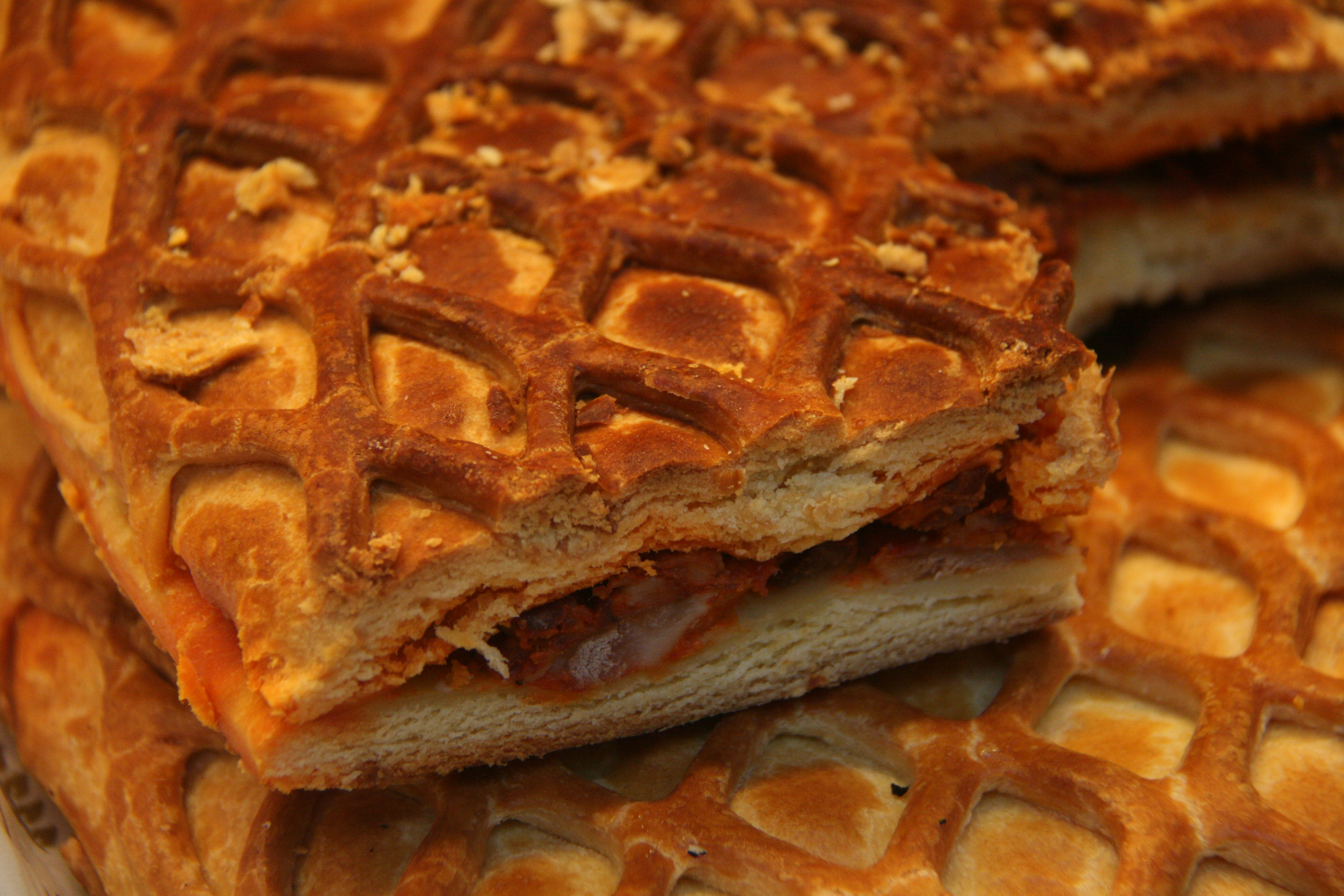
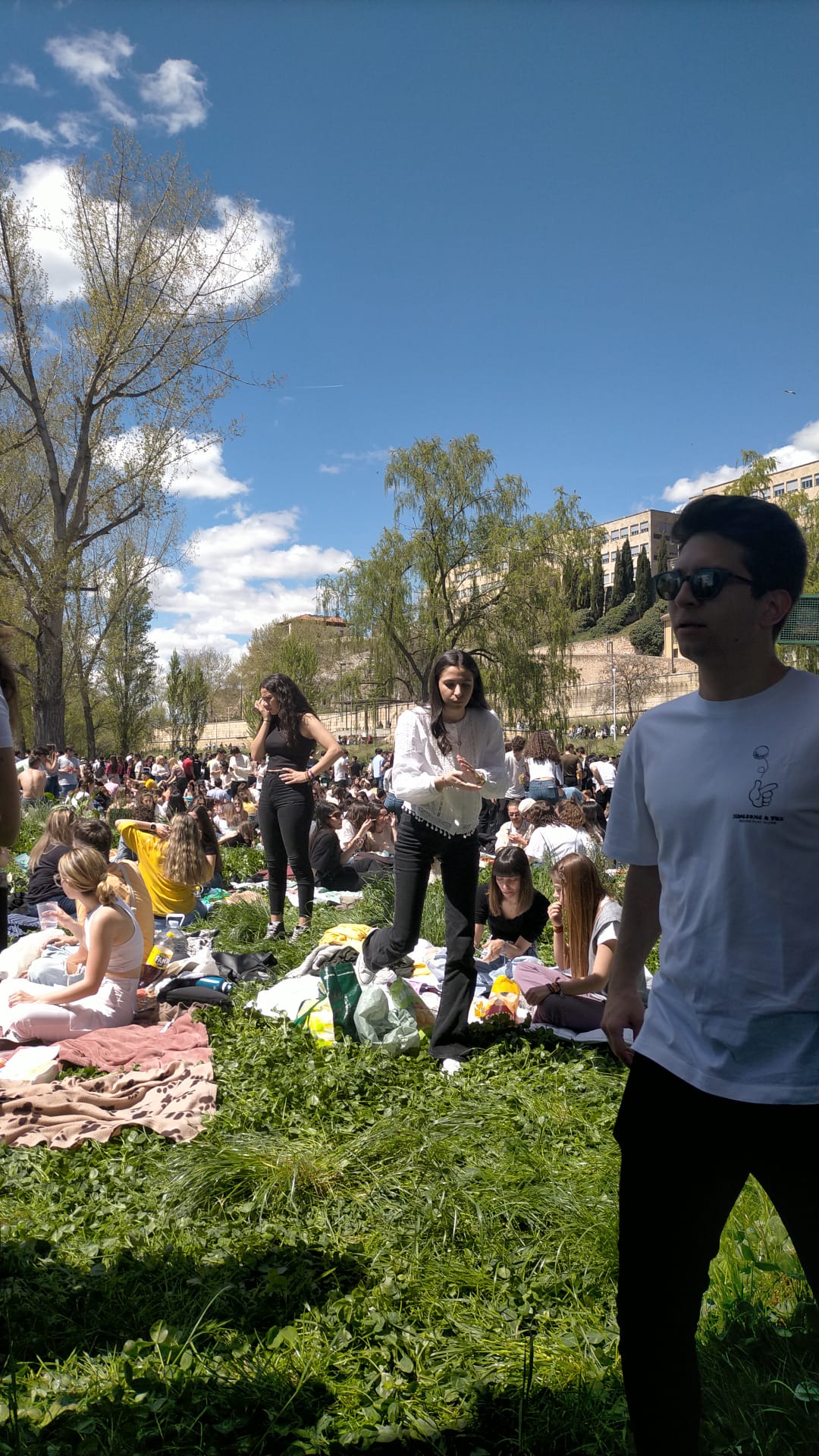
During his stay in Salamanca, Philip II saw that the students were quit liberal if we talk about spending there free time. Not only the students but also the traders. He saw that the prostitution was a prosperous trade here. Philip II was a very catholic king as we know. He ordered that at least during lend time the people would behave. The townhall hired someone to take care of the prostitutes in some way. For example, they had to go to a doctor and life in clean houses. And when lend time starts, the y have to leave the city. The man in charge was called “Padre Lucas” by the town hall, but the students called him “Padre Putas”. Give the right name to the right person…. He had to bring the prostitutes to the other side of the river by boat. On Monday after easter Monday these women could come back. This moment we still celebrate here in Salamanca by organizing a picknick with friends and eat something very typical for that day which is called Hornazo.

